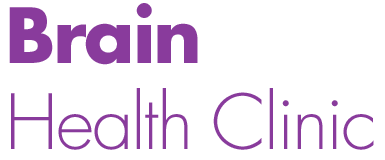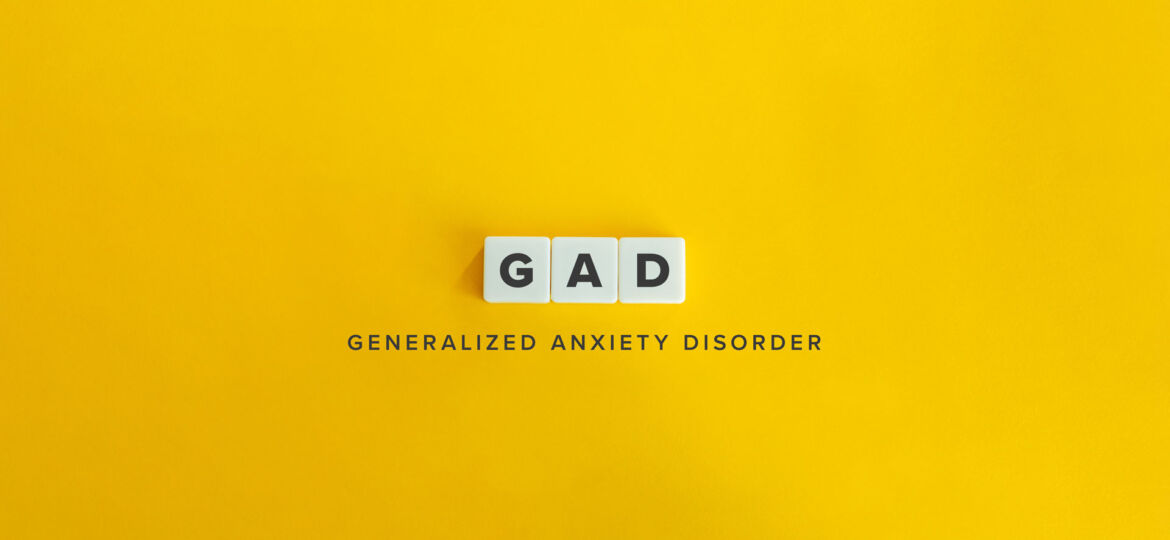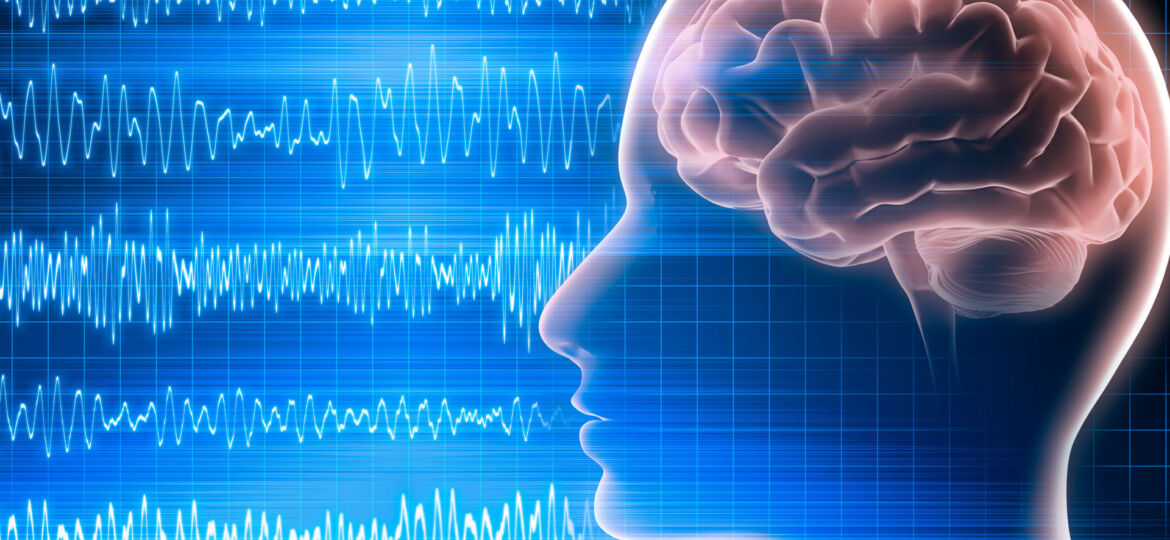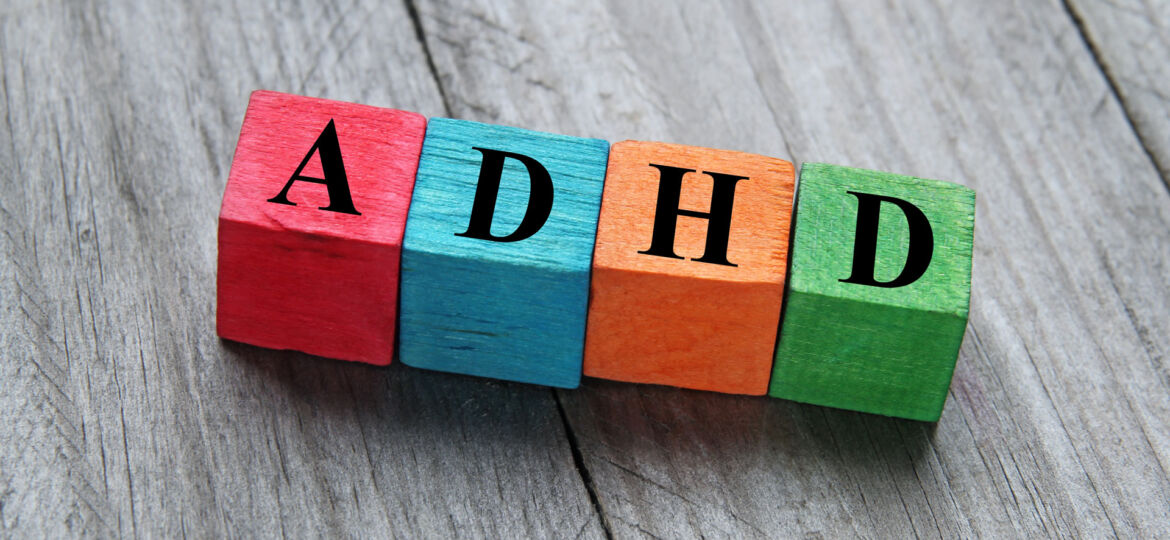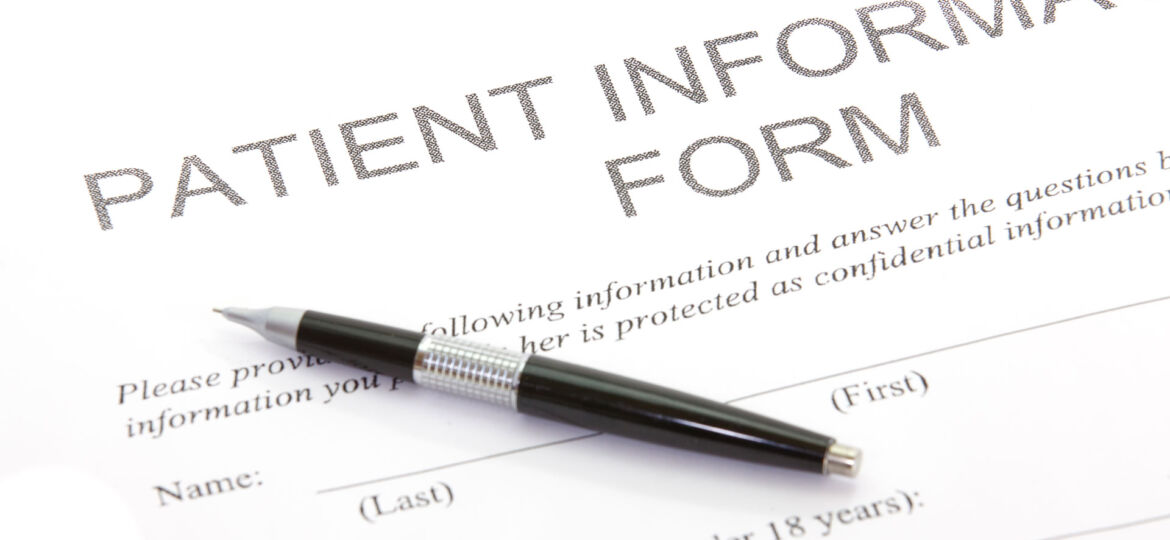Generalized anxiety disorder is characterized by excessive anxiety and worry about a variety of events or activities (e.g., work or…
biofeedback
After collecting a significant amount of information about the mental health and brain functioning of our clients, we gather the material for a findings report. This helps us to develop personalized recommendations and answer all of your questions about the plan for therapy.
The qEEG or brain map is a vital diagnostic tool for the neurofeedback therapist. Without it, the therapist and the patient must employ a “best guess” process. Here are 4 things to know about brain mapping.
Diagnostic tests are tools that help your clinician understand your specific circumstances. Using tests that are both accurate and precise improves results.
Studies using neurofeedback for ADHD therapy are presented in many scientific journals. Now those studies are compared and contrasted with other treatments.
Every new patient at the Brain Health Clinic follows a five step therapy process to ensure best outcomes. Our goal is your improved brain health and wellness with neurofeedback therapy. Find out more about these 5 steps in this article.
The holidays are meant to be a happy time for family get-togethers. For many, these social events are unfortunately a trigger for past traumas. How can you deal with it?
Z-score training is a form of neurotherapy that takes advantage of research involving hundreds of other people to determine average brainwave patterns. Find out how the Brain Health Clinic uses this therapy to help patients like yourself.
Commitment is critical to success in neurofeedback. Regular sessions attended for a recommended length of time help the brain rewire itself for success. Find out more about how to maximize the results of your therapy in this article.
